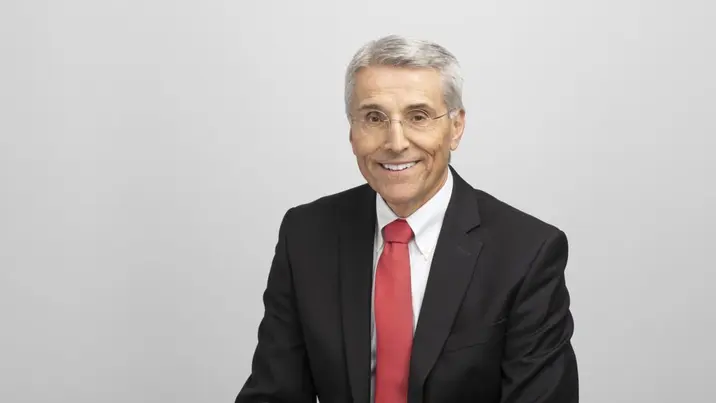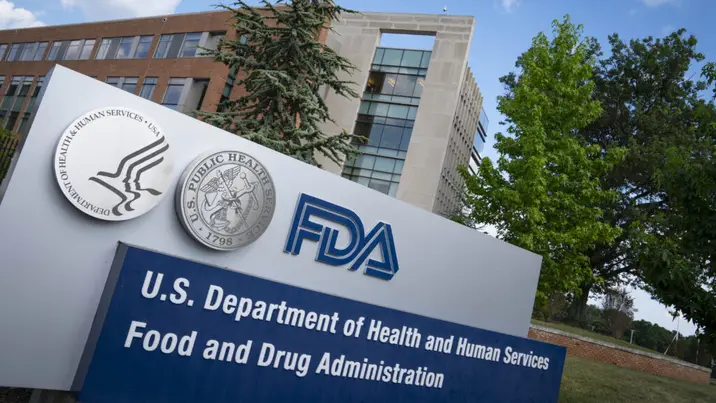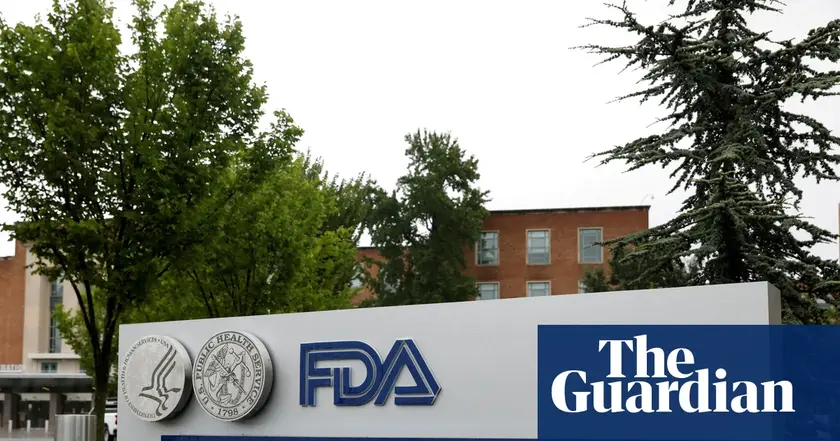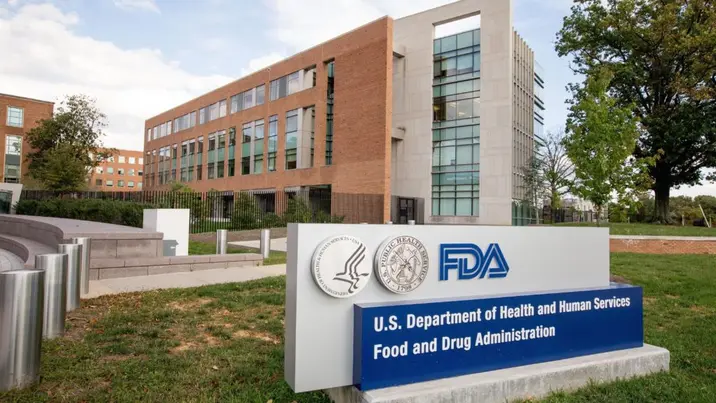T4K3.news
FDA official influenced rejection of Replimune therapy
Internal conflicts led to the denial of Replimune's skin cancer treatment RP1 by the FDA.

Internal conflicts and leadership changes impacted the review of Replimune's cancer treatment.
FDA cancer drug chief influenced rejection of Replimune therapy
The FDA's top cancer drug official influenced the rejection of Replimune Group's skin cancer therapy, known as RP1. Despite support from some within the agency, the drug was turned down late in the review process. This decision surfaced amid significant internal turmoil at the FDA, characterized by leadership changes and staff discontent. Three unnamed FDA officials shared insights about the internal dynamics leading to the rejection.
Key Takeaways
"Key regulators can significantly influence approval decisions, even against internal support."
This highlights the strong impact of individual leadership on drug approvals.
"When personal politics override clinical evidence, patients lose out on important treatments."
This underscores the urgency of reforming internal review processes.
The rejection of Replimune's drug not only highlights the challenges in the FDA’s approval system but also reflects deeper issues of leadership instability and internal conflict. When key figures dominate decision-making, it risks sidelining important evaluations from diverse perspectives. Such dynamics can lead to crucial therapies getting lost due to political or personal factors rather than clinical evidence, raising concerns for future drug reviews and patient access to innovative treatments.
Highlights
- Leadership changes can derail drug approvals at the FDA.
- The fate of RP1 reveals the complexities in drug evaluation.
- Internal conflict at the FDA affects patient access.
- FDA's rejection of RP1 underscores review system challenges.
Concerns over FDA's credibility and internal conflict
The rejection of Replimune's therapy raises alarms about the FDA's internal dynamics and leadership effectiveness. Such turmoil could impact future approvals and compromise patient access to essential therapies.
The complexities of the FDA must be addressed to ensure fair drug evaluations.
Enjoyed this? Let your friends know!
Related News

FDA rejects Replimune's skin cancer therapy

FDA leadership back at work

FDA reappoints vaccine chief Vinay Prasad

Vinay Prasad departs FDA within three months

FDA vaccine chief departure raises concerns

Sarepta's Elevidys therapy faces potential market exit

US envoy Witkoff returns to the region amid negotiation efforts

Lebanon avoids foreign armed groups under state control
